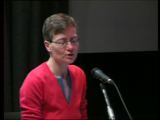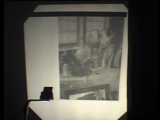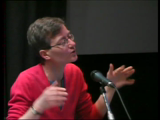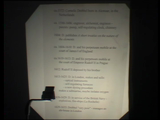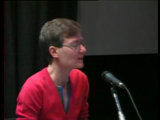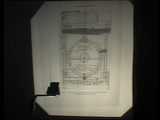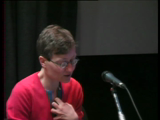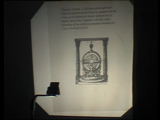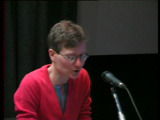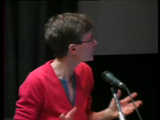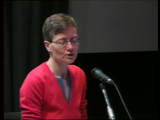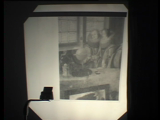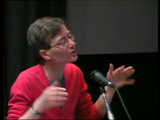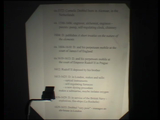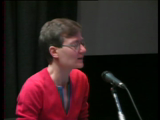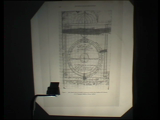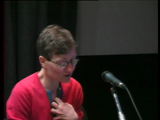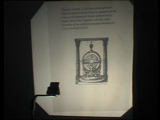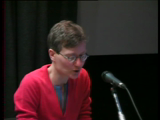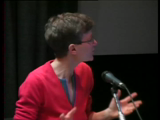Pneumatics, Natural Magic and Showmanship in the Early 17th Century: Cornelis Drebbel and His "perpetuum mobile"
WORK DATA
Lecturer:
Cameraman:
Category:
EVENT
Type:
presentation
Keywords:
16th century / 17th century / history of technology / machine / physics
Creation Date:
2007-03-24
Language:
English
Description:
Cornelis Drebbel (ca. 1572-1633) from Alcmaar in the Netherlands was an engraver, engineer, alchemist and showman - and probably also one among the first European chain-smokers. He built and sold furnaces, microscopes and fountains, published a treatise 'On the nature of the elements', invented a submarine and discovered a dyeing process which made the fortunes of his heirs.
However, his most famous creation was a device in which water slowly but constantly moved left and right in a circular glass tube: a non-mechanical 'perpetuum mobile'. Thanks to this invention - and probably also to his theatrical skills in presenting it - Drebbel was granted admission, first, to the court of King James I of England and, later, to that of the Emperor Rudolf II of Hapsburg, in Prague. Drebbel's device, though, was much more than a courtly entertainment: it was a public sensation, a focus of natural philosophical discussions and a commercial success. (...) (A.B.)
More Information
Original Title (English):
Pneumatics, Natural Magic and Showmanship in the Early 17th Century: Cornelis Drebbel and His "perpetuum mobile"
Location:
Budapest, Műcsarnok, Törley-terem / Kunsthalle, Törley Hall
Part of Collection:
